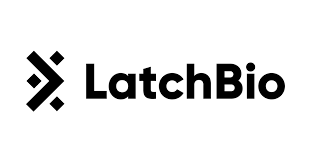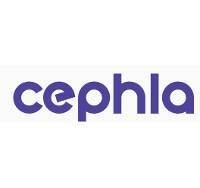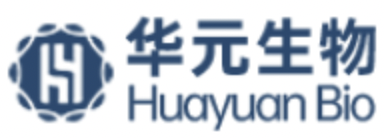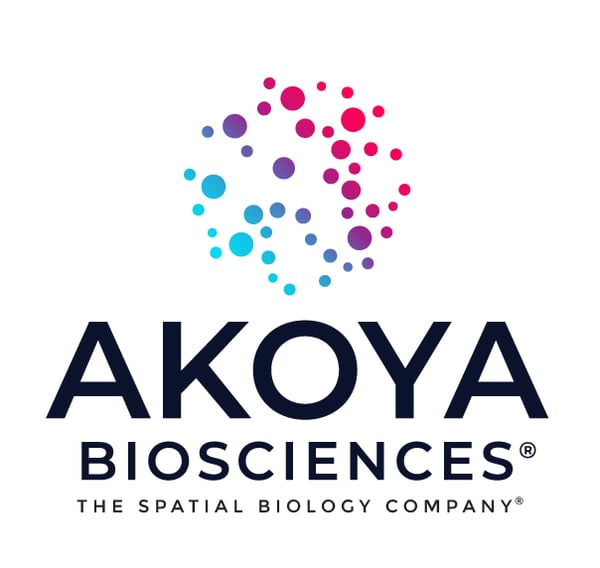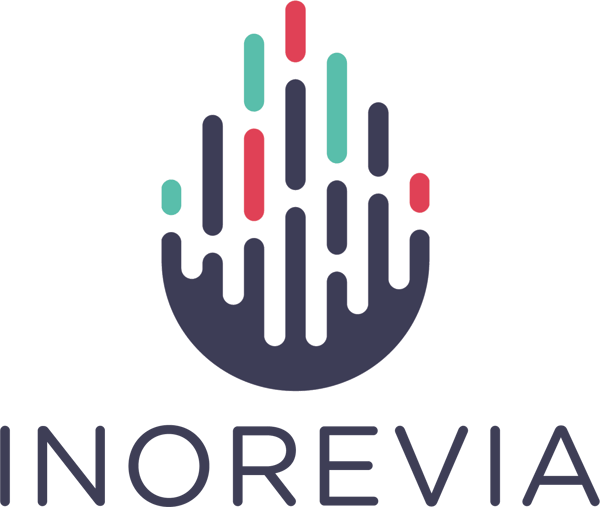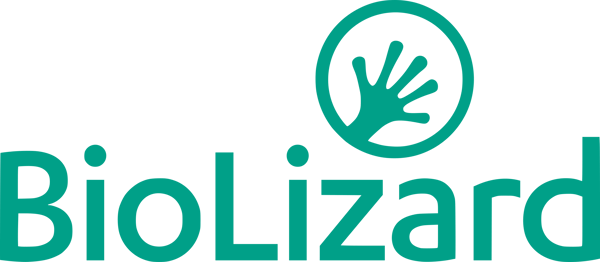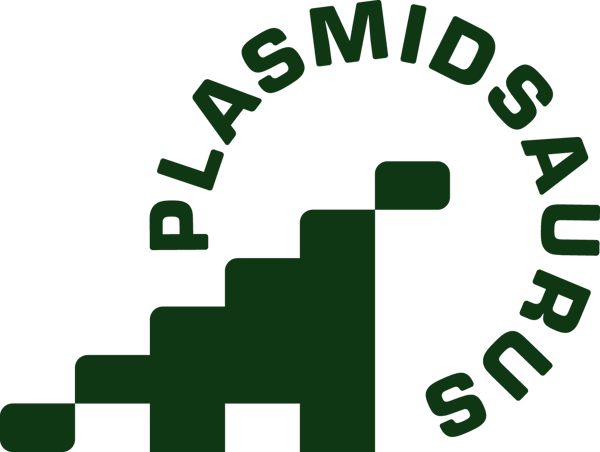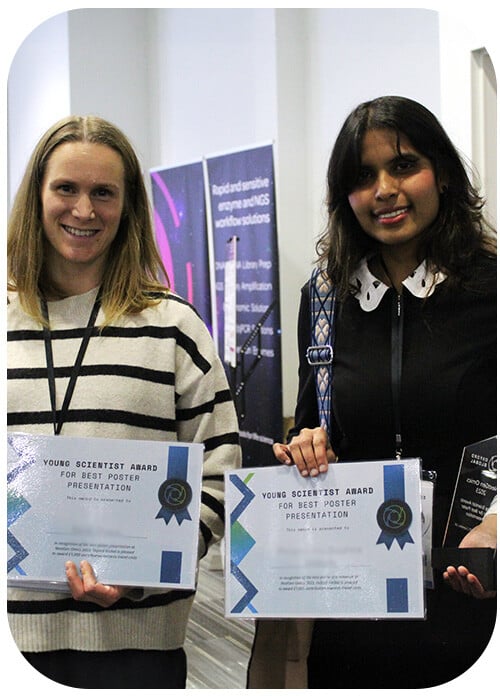NextGen Omics, Tech & Data 2026

Novotel London West, London, UK
From Novel Technologies to Clinical Applications: Driving the Next Generation of Multi-Omics Research
14 - 15 May 2026 | London
NextGen Omics, Spatial & Data 2025
A massive thank you to everyone who joined us for two incredible days at NextGen Omics, Spatial & Data 2025. Your energy, insights, and dedication to advancing multi-omics and data-driven healthcare made this congress a huge success.
We hope you leave with new connections, fresh perspectives, and valuable takeaways from the sessions spanning Multi-Omics, Spatial Biology, NGS, and Liquid Biopsies.
Meet Our Expert Speakers
The event brings together a panel of prominent leaders and scientists, sharing new case studies, innovative data, and industry outlooks. Below were some of the featured speakers at NextGen Omics, Spatial & Data 2025: 13 - 14 November 2025, London, UK
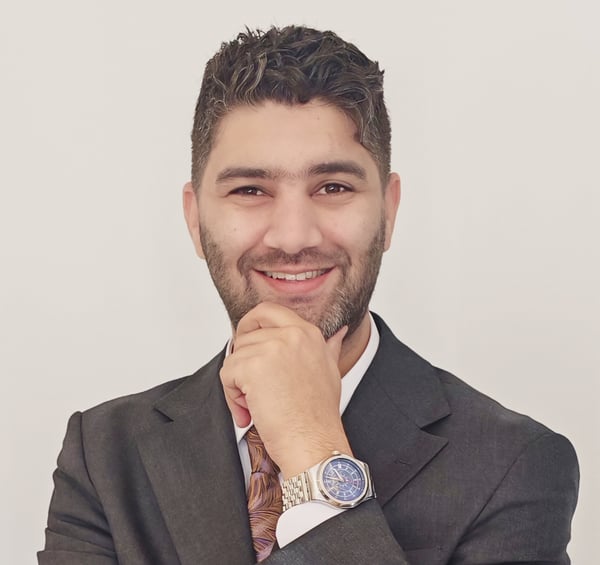

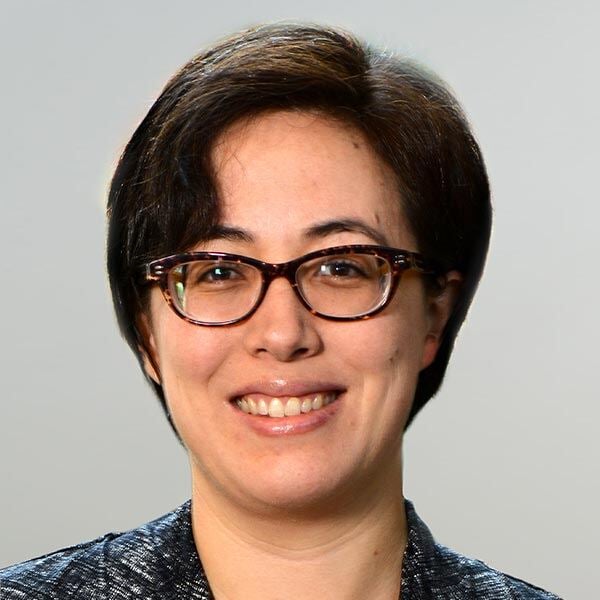
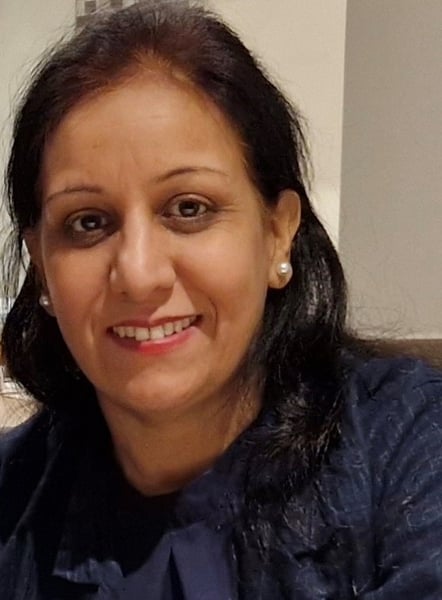
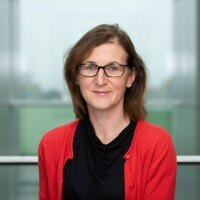
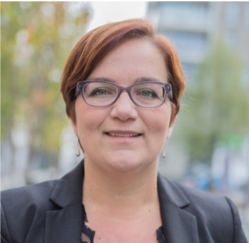

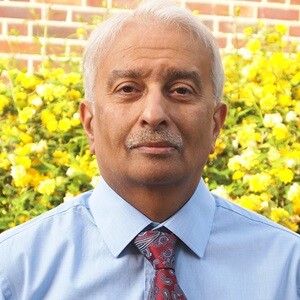
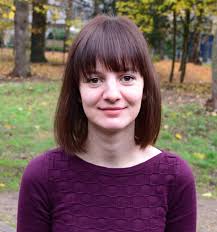
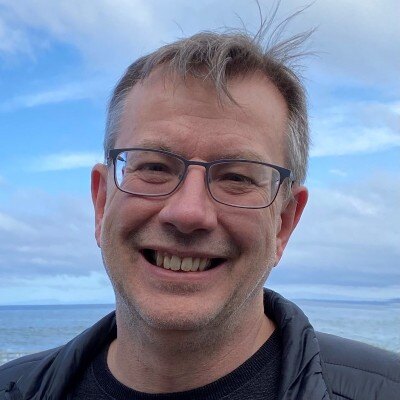
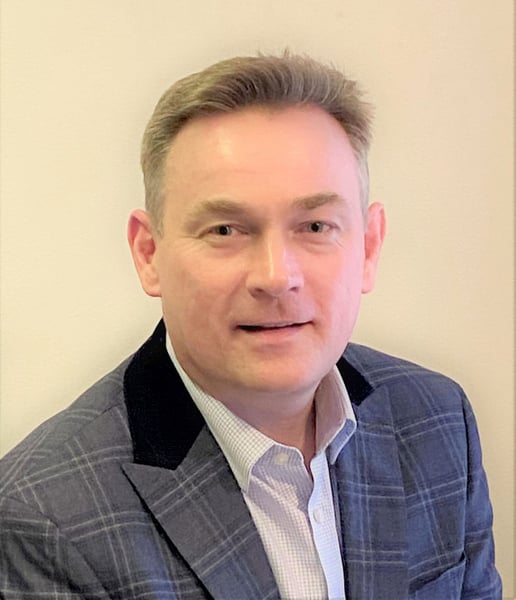
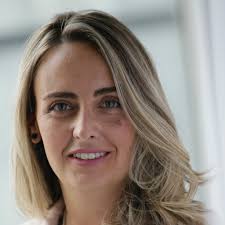
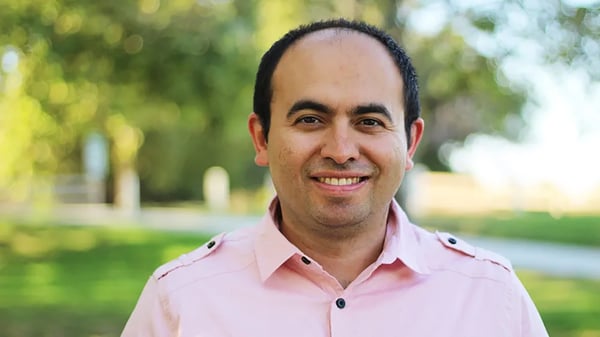
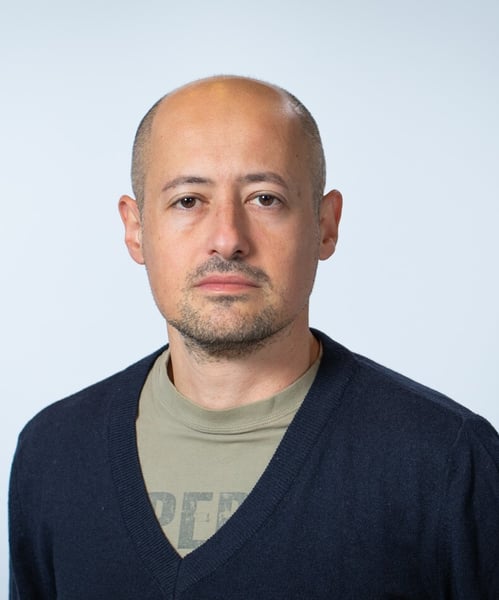
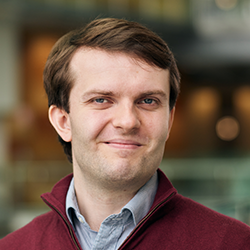
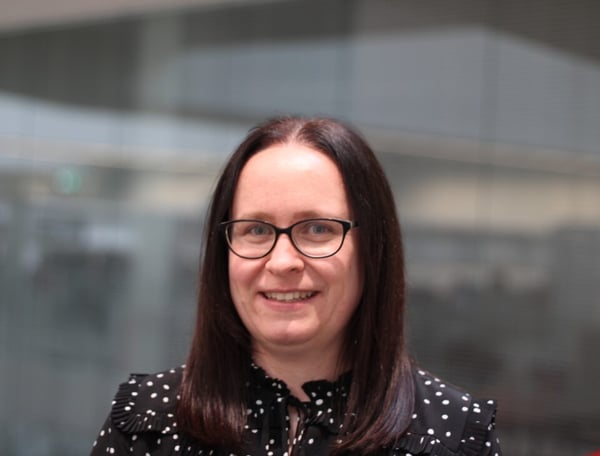


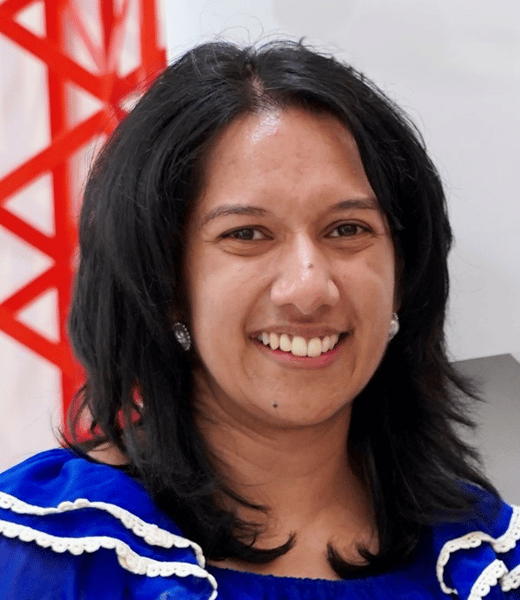
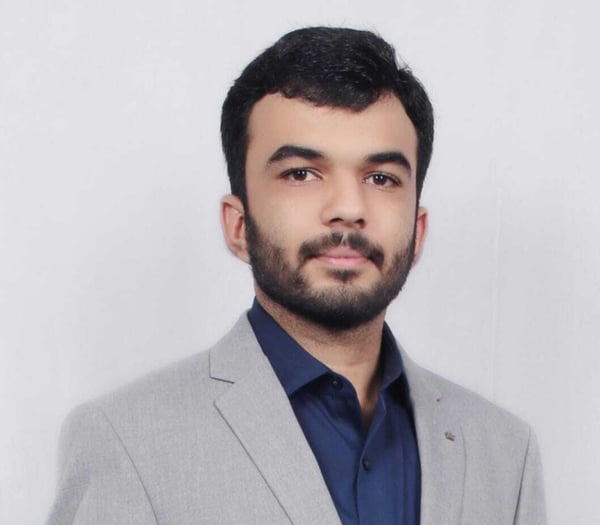

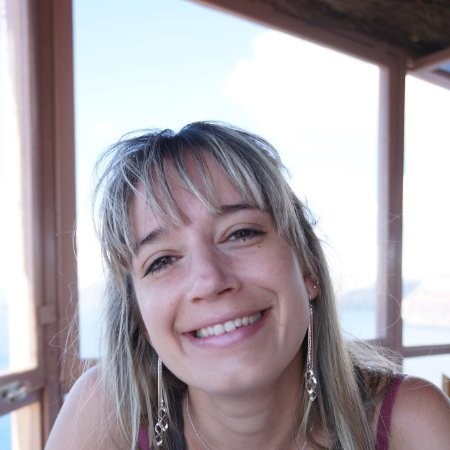
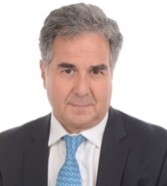
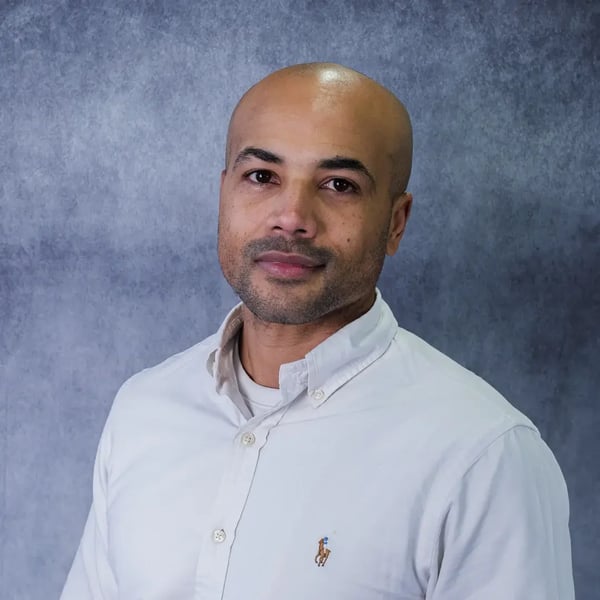
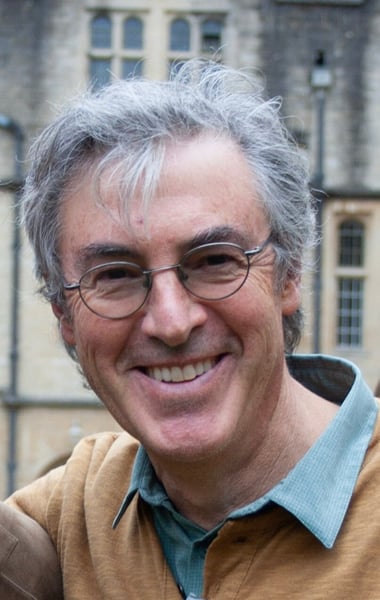
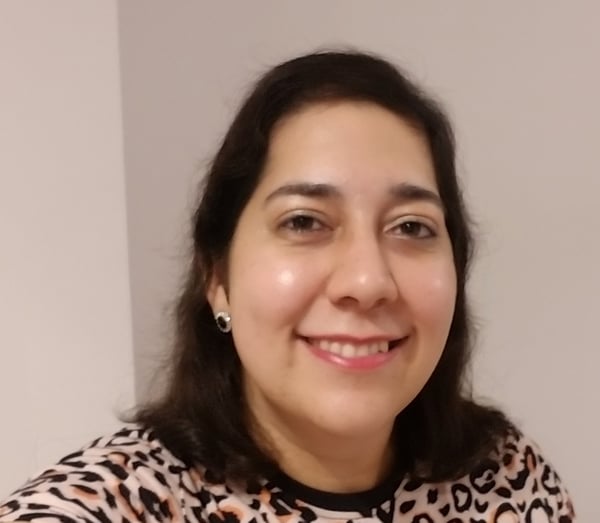

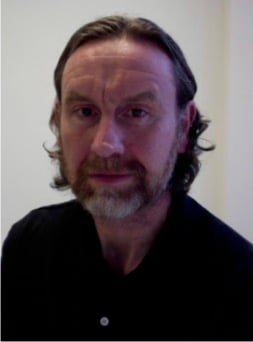

.jpg?length=600&name=eb78b5ed-df92-46ea-9d03-7f08a2dba31a-2-11764368speaker_photo-EW-Portrait-24-(1).jpg)

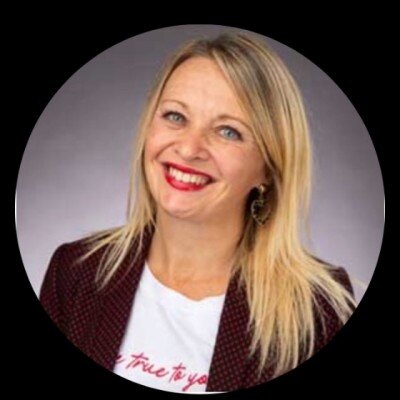

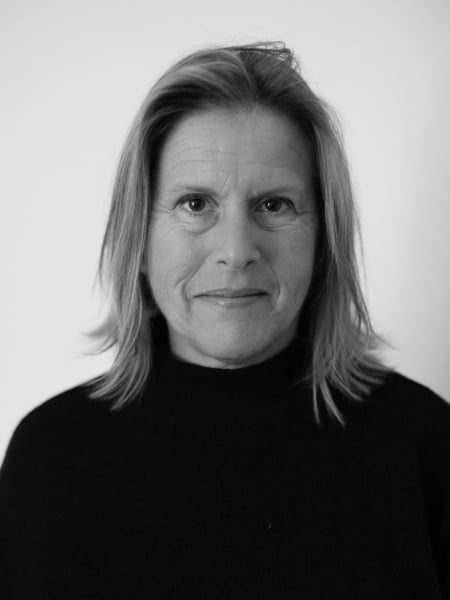
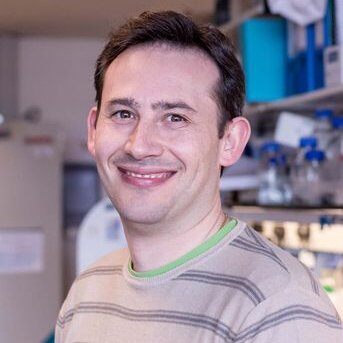





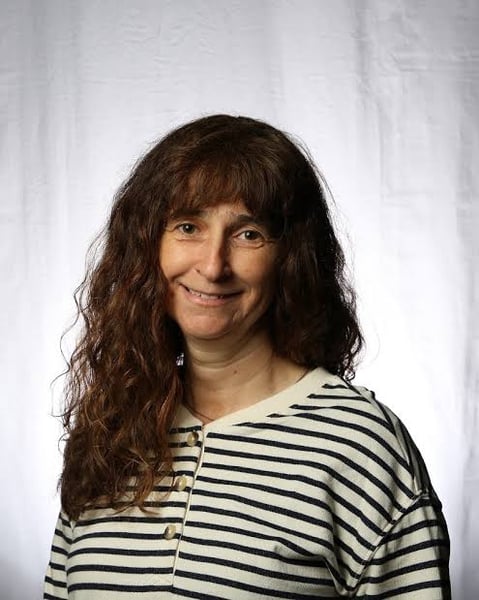
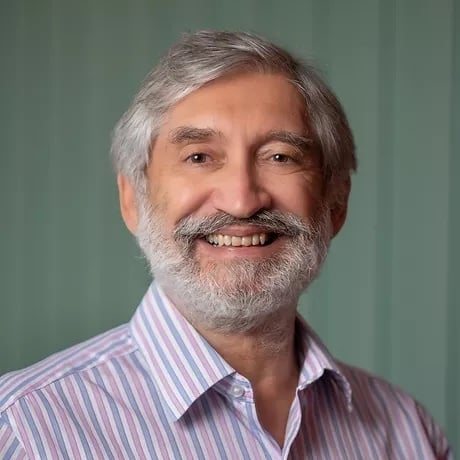

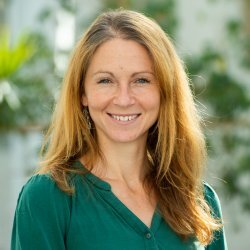
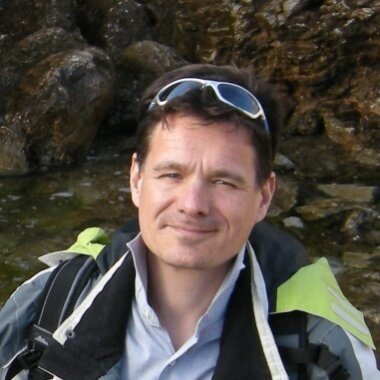
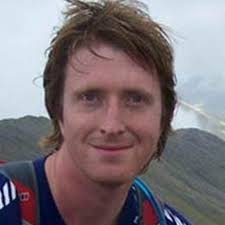

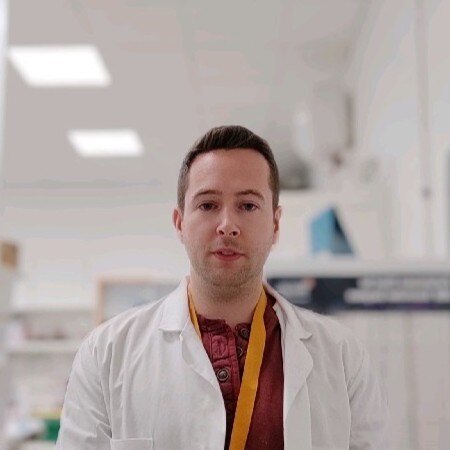
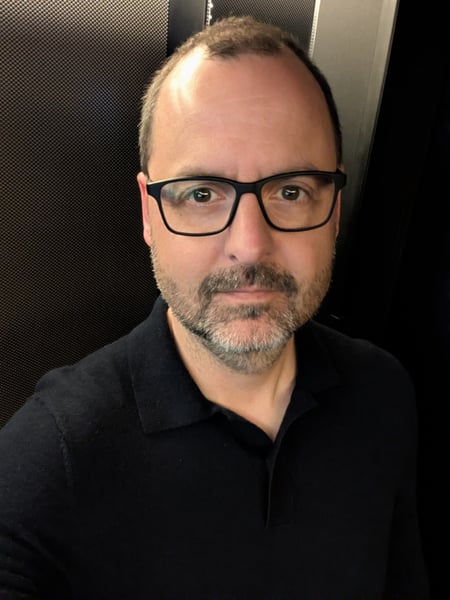
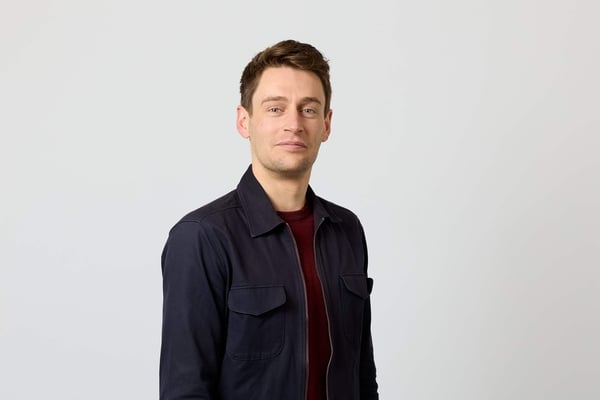
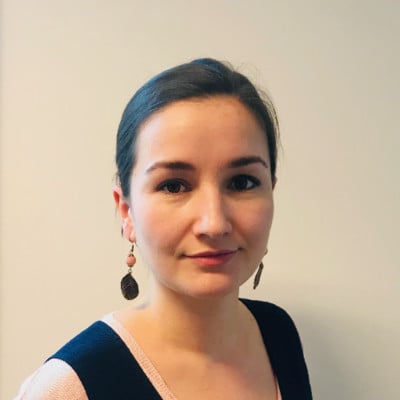
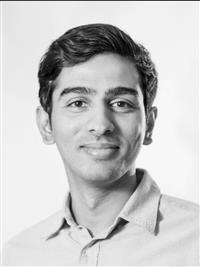
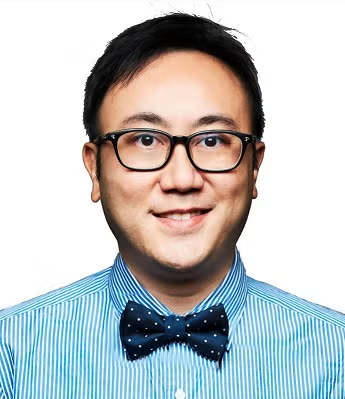
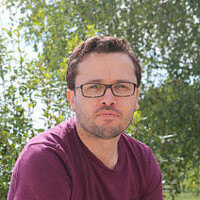

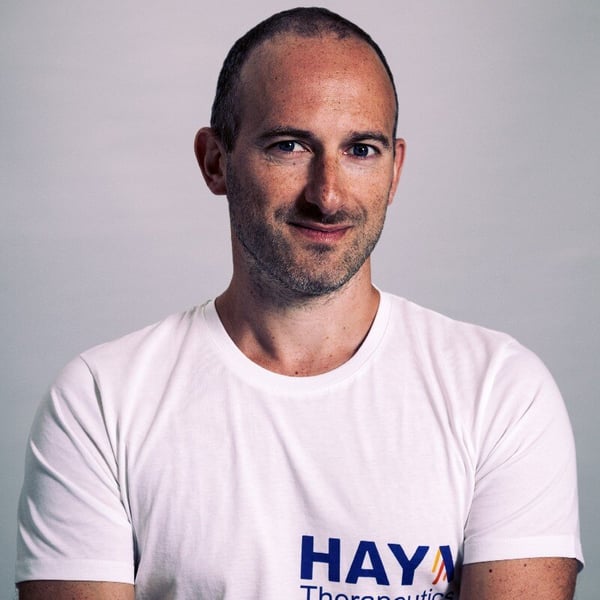
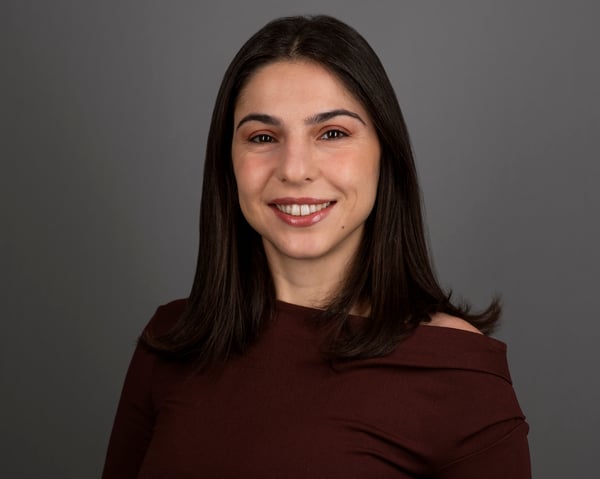
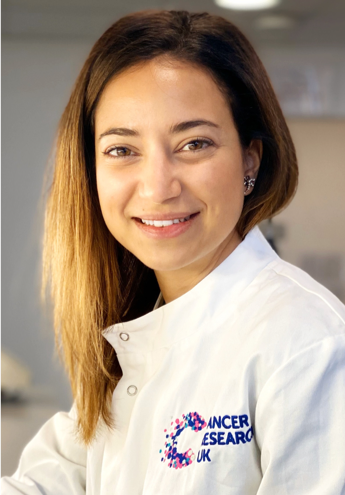
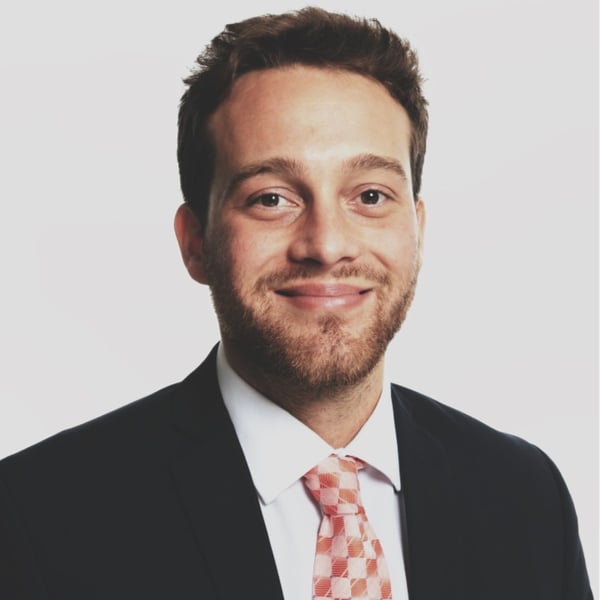
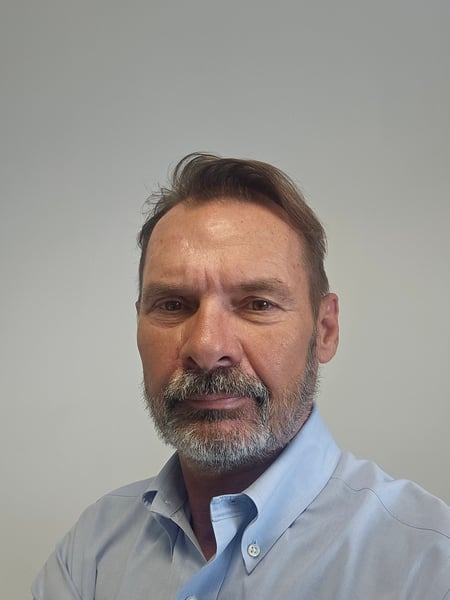
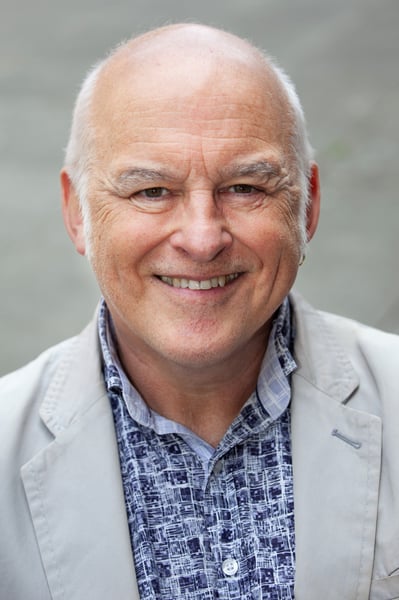
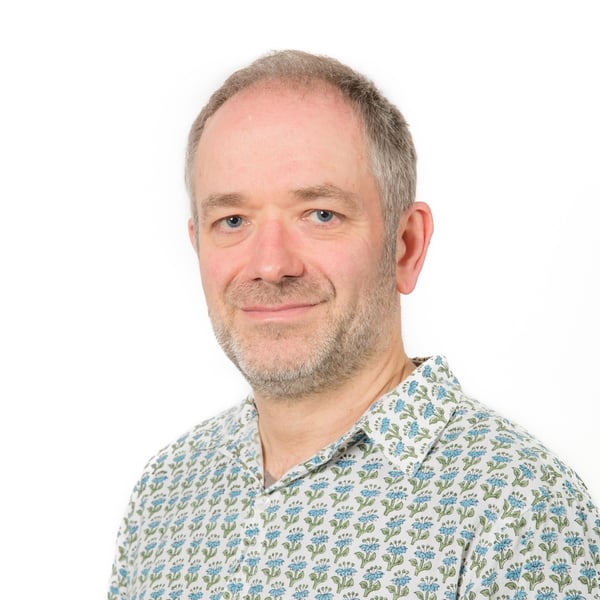

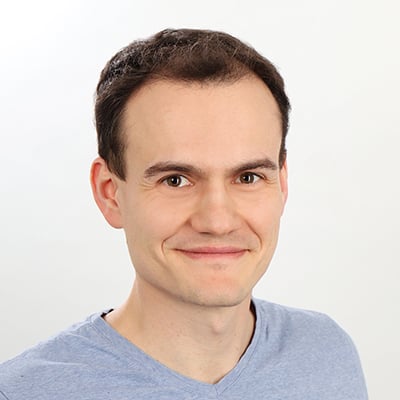
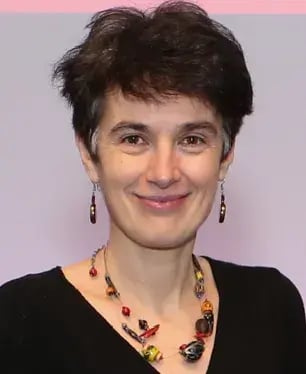
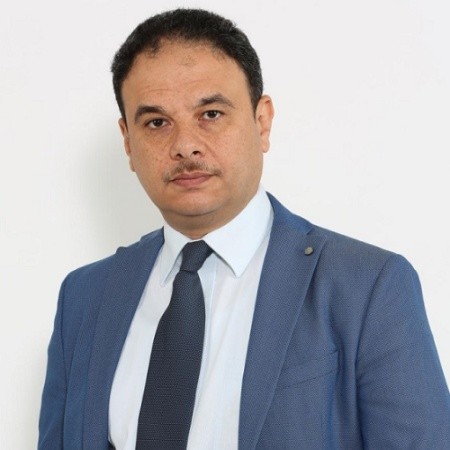
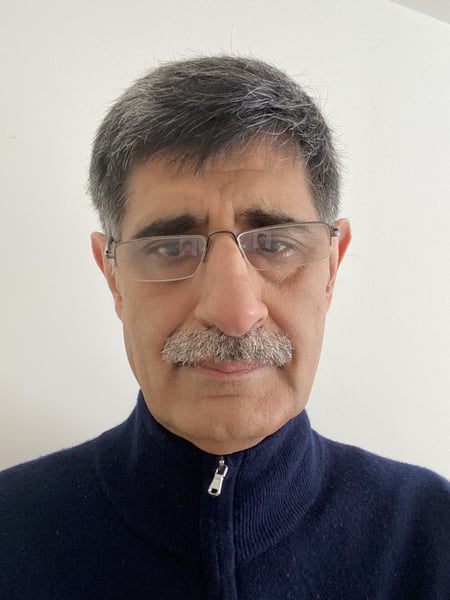
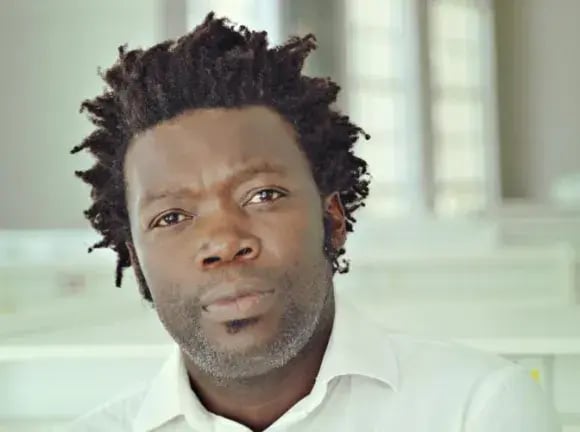
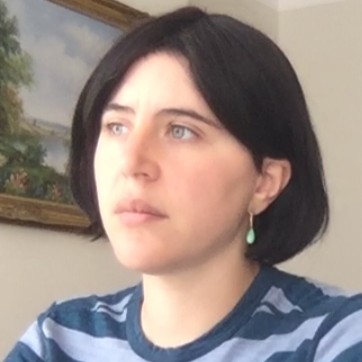

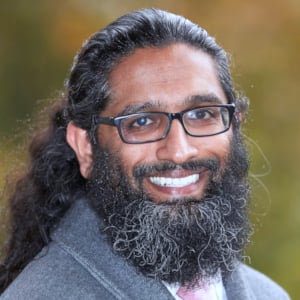
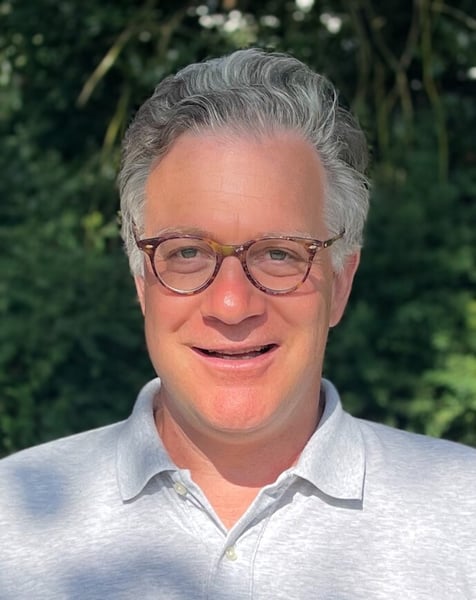


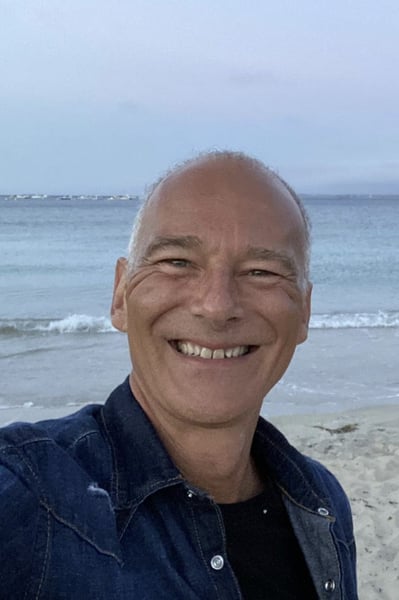
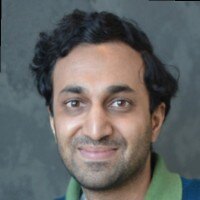


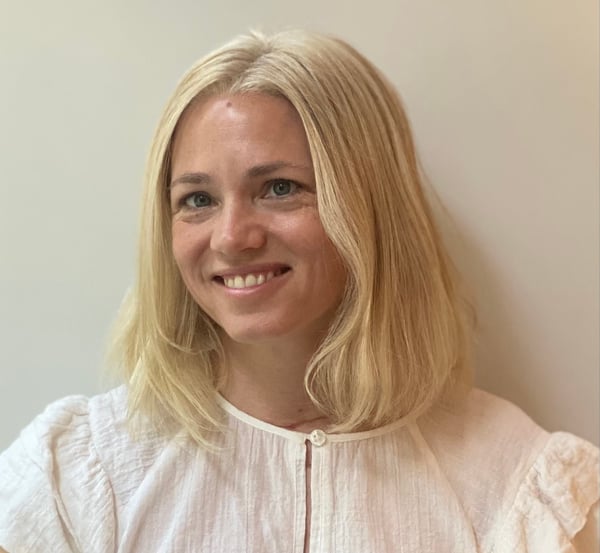


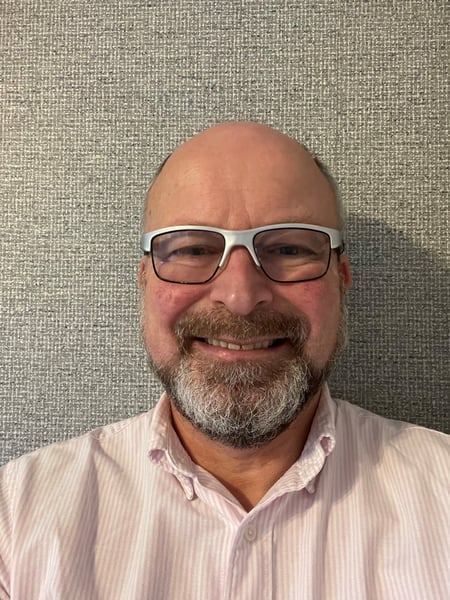
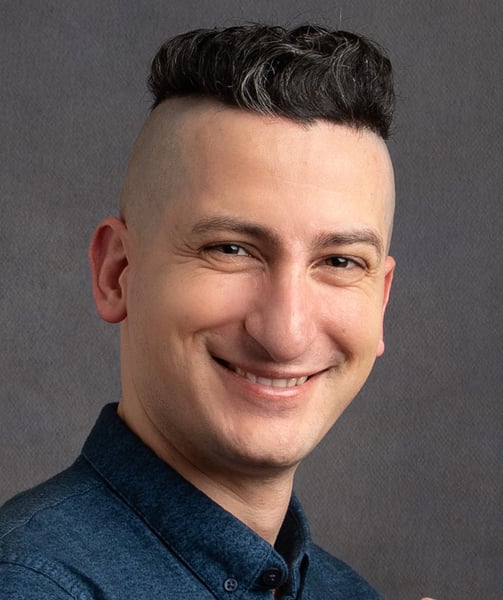


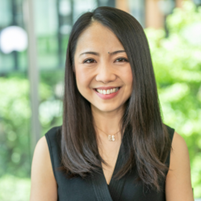
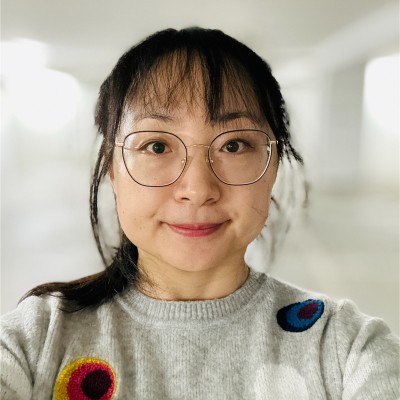
Advancing Therapeutic Innovation Through Multi-Omics Research
NextGen Omics & Spatial Biology connects thought leaders, researchers, and experts with pharmaceutical & biotech representatives to discuss the latest innovations across the fields of multi-omics.
There are three dedicated programmes running across two full days, which together will explore multi-omics from technological development to therapeutic applications and analysis, making this a must-attend event for anyone working in clinical diagnostics, single cell & spatial biology.
Hear from past attendees of last year's Biologics 2024 conference
Explore the NextGen Omics & Spatial Biology US 2025 Programme

NextGen Biomed 2025 is supported by our
Scientific Programme Partner The Antibody Society
Have a peek into the dynamic panels, engaging roundtables, and hands-on workshops happening in Boston - right now!
Spatial Multi-Omics For Target-To-Disease Linkage In Inflammatory Diseases
MARINA BLECK, Principal Scientist, Boehringer Ingelheim
Marina discussed the use of multi omics for faster Faster Target-to- Disease Link (T2DL) with increased confidence and how they can leverage Spatial Biology to enhance the ability to derive insight from human disease tissues. Finally the Importance of FFPE Tissue Quality for Spatial Biology was discussed with the use of QC scoring to determine which FFPE tissue gives the best spatial transcriptomics results.
Spatial Biology As A Discovery Pathway
EMRE ARSLAN, Takeda
Emre Arslan from Takeda gave a talk about the use of Spatial Biology as a discovery pathway. First of all providing an update on the current landscape for spatial technologies then analysing how spatial technologies can be used in clinical trial design - such as the ability to identify previously unknown cell types, interactions and microenvironments and providing an ideal foundation for training better AI models.
JASMINE PLUMMER, Director, St Jude Children's Research Hosptial
Jasmine Plummer's day 2 keynote focused on Single cell into spatial and beyond. "The reason we are in this room is because it’s cutting edge" which is why the single cell and spatial field growing exponentially.
Future directions for the technology include Low throughput, clinical trials, other organisms, more tissue types, epigenomics
JUN WANG, Associate Professor, Multiplex Biotechnology Laboratory, Department of Biomedical Engineering, Stony Brook University
"Simpler but more powerful than flow and imaging cytometry"
MIST Technology provides100 times more information than flow cytometry and currently the highest multiplexity is up to 500 markers/ cell.
Panel Application Of Single Cell Omics In Clinical Monitoring
PRIYA CHOCKALINGAM, Vice President, Head of Clinical BioAnalytics & Translational Sciences, Beam Therapeutics
Priya's talk focused on Genome Editing Technologies for Gene & Cell Therapy and how cell & gene therapies require a specialized regulatory approach compared to other modalities. Appropriate assessments should therefore be put in place in both nonclinical and clinical stages to address safety concerns.
Various methods to assess off-target editing effects have evolved in the last decade. However, limitations remain in balancing accuracy vs sensitivity of these new techniques.
The direct assessment of off-target effects in vivo and in patients is particularly challenging.
Novel single-cell technologies enable quantitation/co-occurrence of on-/off-target editing through patient time-course of treatment
Comparative Insights In Single Cell RNA-seq & Advances In Large-Scale Multimodal Profiling
ZORA MODRUSAN, Senior Director NGS, Genentech
Zora focused on both key insights and future directions of single cell RNA-Seq. scRNA-seq technologies were evaluated and the differences in performance across various metrics such as sensitivity, throughput and cost were compared across different systems.
The Overloading And unpacKing (OAK) method provides a reliable solution for large-scale molecular profiling that incorporates multiple data modalities.
Moving forward they will continue to evaluate the latest scRNA-seq kits to understand differences and guide optimal performance. Zora would also like to enhance OAK's capabilities by integrating additional modalities and applying the platform to a wide range of biological systems.
Key Event Highlights
An unmissable journey awaits you: from celebrated keynote speakers and insightful private roundtables, to an exclusive gala dinner. Discover the moments that will transform your NextGen Omics & Spatial experience.
.png?width=300&height=61&name=b6fc1bbe-f2c7-48f4-ab7b-860f705182f9-2-5668375logo-logo-levitasbio-R-full-color-(1).png)
Highly relevant attendees which were encouraged to engage with vendors. I felt supported throughput the entire process.
Technical Account Manager
Levitasbio

Really well organised event with a very supportive, present and friendly Oxford Global team.
Sales Specialist- UK, IR & Nordics
Quantabio

Well organised with a good audience. Nice set up area for exhibitors.
Market Specialist
Agilent

Fantastic conference, the Oxford Global staff are great.
Sales Manager UK and Ireland
Scienion
Become a driving force in accelerating the next generation of multi-omics-based treatments. NextGen Omics & Spatial Biology US offers a unique platform to enhance your brand visibility and connect with thousands of pharma, biotech, & academic experts. Our branded event opportunities, immersive experiences, and content services enable you to engage, educate, & collaborate with the community shaping the future of genomic medicine today.
Interested in Sponsoring NextGen Biomed?
Become a driving force in accelerating the next generation of biologics and immunotherapy medicines to patients. NextGen Biomed offers a unique platform to enhance your brand visibility and connect with thousands of pharma, biotech, and R&D experts. Our branded event opportunities, immersive experiences, and content services enable you to engage, educate, and collaborate with the community shaping the future of biomedicine today.
Meet Our Esteemed Sponsors
Platinum Sponsors
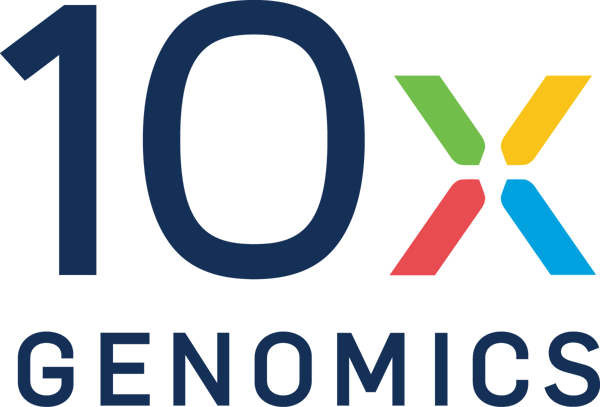
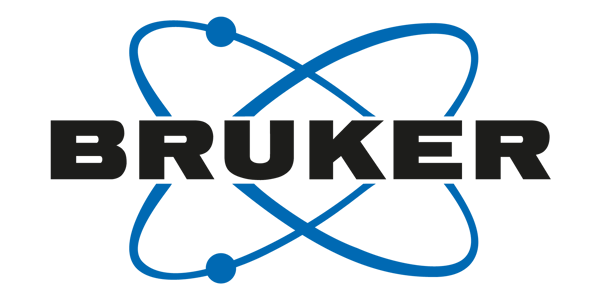
Gold Sponsors


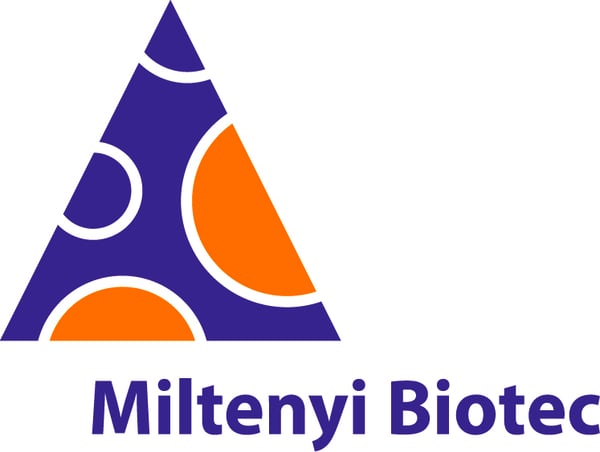



Silver Sponsors
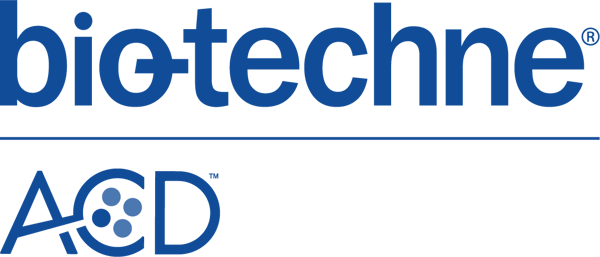
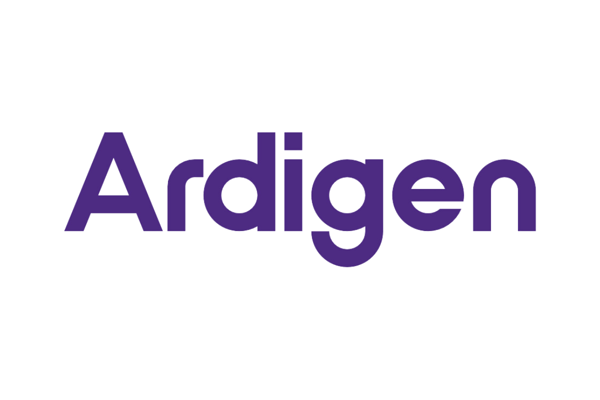
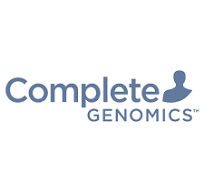
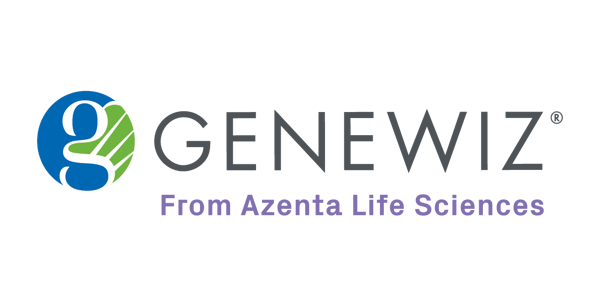



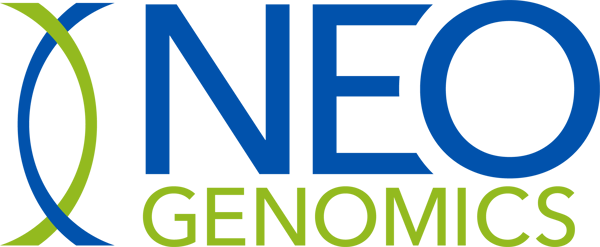





.jpg?length=600&name=a396bca6-7435-42de-8524-0ee4844b758e-2-5668375logo-standardbio-color-logo-blue-outline-blue-TM-(2).jpg)
Bronze Sponsors
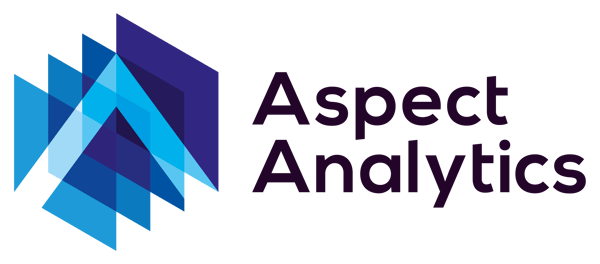


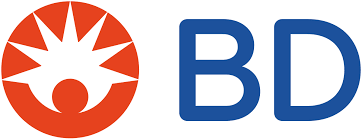

.png?length=600&name=23c79081-69ce-4042-a188-0a0e10023652-2-5668375logo-Hawk-(RGB-Full-Colour).png)
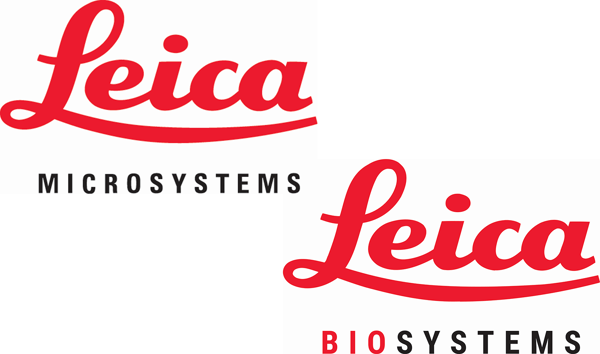

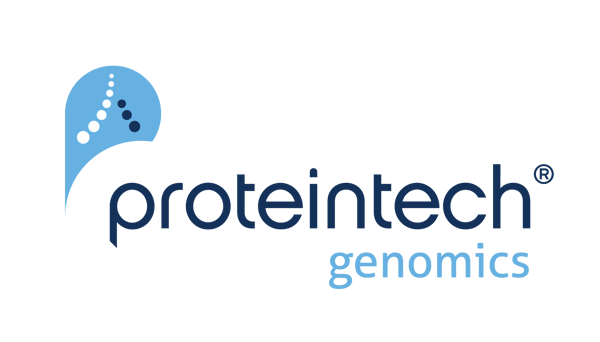
.png?length=600&name=3ebab810-7368-4d37-bc16-77d994699581-2-5668375logo-RareCyte_Logo_PMS7585-CoolGray11-(R).png)
.png?length=600&name=Zifo_Master%20Logo_Two%20colour_RGB%20(002).png)
Network & Programme Sponsors

.png?length=600&name=77f962ea-48c4-4469-ac13-19f7332176c0-2-5668375logo-DLS-Logo-FullColor-noTag-(4).png)
.png?length=600&name=708bd68b-02d3-4436-8882-e6181f86f6da-2-5668375logo-Horizontal-Logo-(White-Background).png)


.png?length=600&name=ccf7bc56-af8b-49fe-b50e-b8bdf467ba91-2-5668375logo-StellaromicsLogo-(7).png)



Start-Ups
Our 2025 Partners & Sponsors
Gold Sponsors




-1.png?length=600&name=Lightcast%20logo_RGB_Blue%20(002)-1.png)
Silver Sponsors
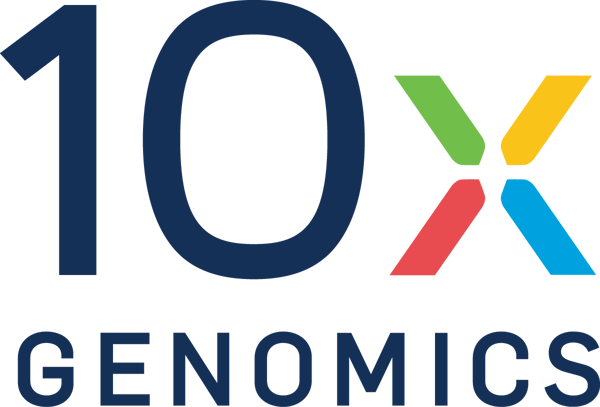
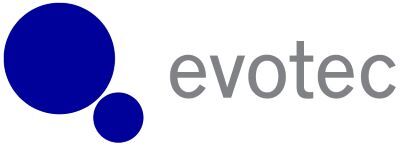





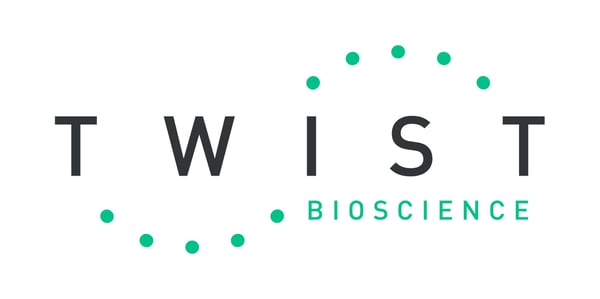
Bronze Sponsors
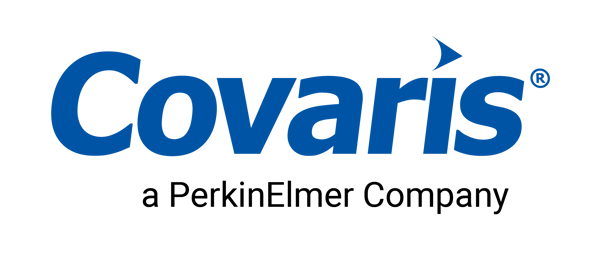
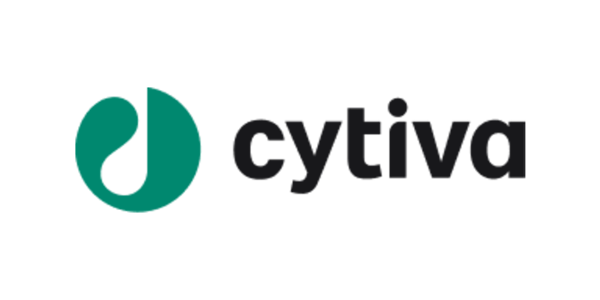

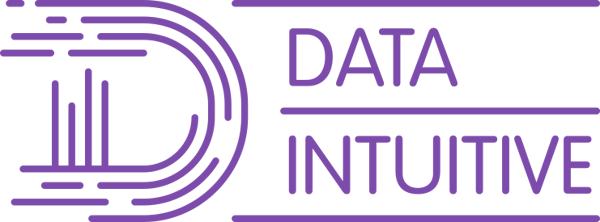

.png?length=600&name=download%20(2).png)
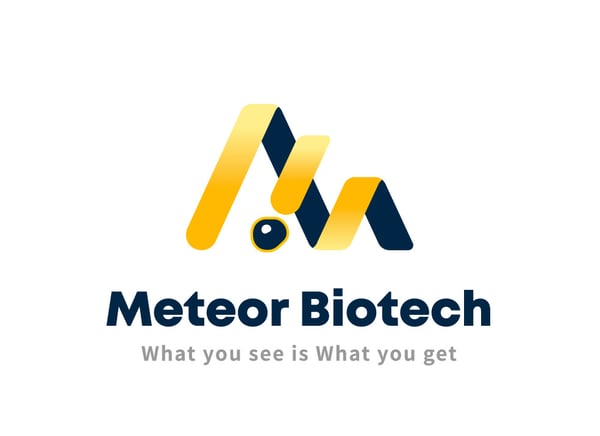
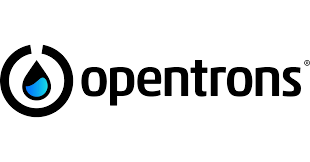
.png?length=600&name=ONT_2Line_Black_RGB%20(002).png)
Network & Programme Sponsors




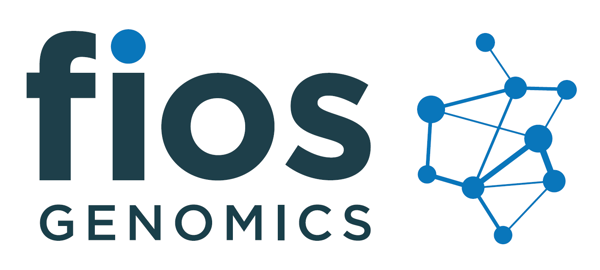
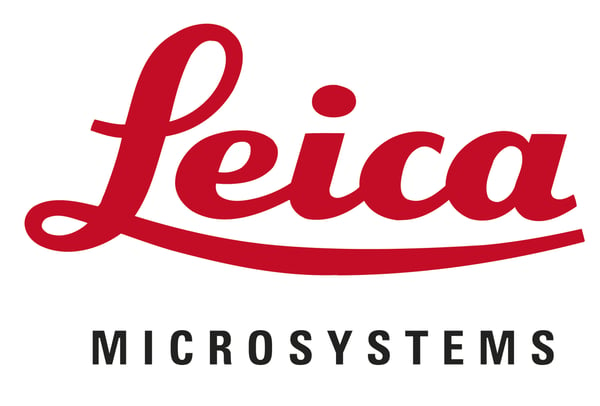
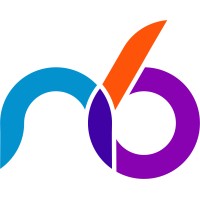
Training Partner

Powering Go-To-Market For Life Science Teams
Succession helps founders and sales teams close more deals with biotech and pharma. We partner with our clients to run modern lead generation campaigns, up-skill their team through personalized sales training, and build AI workflows using cutting edge tools and technology.
Interested in Sponsoring NextGen Omics, Tech & Data 2026?
The NextGen Biomed Young Scientist Awards include the best poster presentation award and are intended to honour an outstanding individual performance for a scientific work by a PhD student, PostDoc or early career scientist.
Please submit your poster presentation by no later than 13th January 2025 in the below category:
- Protein/Antibody Engineering
- Bioanalysis & Characterisation
- Next Generation Biotherapeutics
- Peptides Chemistry & Therapeutics
- Oligonucleotides Chemistry & Therapeutics
- Sustainable Chemistry & Manufacturing
- Student (PhD), PostDoc or early career scientist under 35 years of age. Proof must be provided via an active student ID card or a copy of status
- Applicants must be the first AND presenting author of the submitted paper and register for the meeting by 13th January 2025
- ONLY ONE YSA submission per person will be accepted. If authors submit multiple abstracts for consideration for the YSA, only one abstract will be taken into consideration for the YSA
Applicants must follow the procedure as follows:
- Register and submit an abstract by 13th January 2025 using the registration link to the left on this page
- Once registered you will be provided with the online abstract submission form
- Prepare the poster or platform and present it (The poster presenter should be at the poster during all breaks.)
- The 3 winners with the highest scores will be announced at the Networking Drinks on the second day of the event
- The winners’ 10-minute oral presentations will take place during the networking drinks on day 2
The platform or poster presentation will be evaluated by senior scientists (consisting of our speaking and steering group committee for the NextGen Biomed series) on the basis of originality of the approach and quality of the work (e.g. appropriate methodology, interpretation of results, conclusiveness). All participants will receive the scoring and comments after the annual meeting via email.
The 3 winners receiving the highest scores will be announced at the Networking Drinks on the Day 2 and will be given a trophy as well as £1,000 contribution towards travel costs. Oxford Global will also provide winners with PLUS Pass – 12 months access to our content platform providing access to on-demand presentations, exclusive reports and highlights.

Unlock the Latest News and Insights
Sign-up for our regular LifeScienceXchange newsletter to keep up to date with all things Precision Medicine, direct to your inbox.






